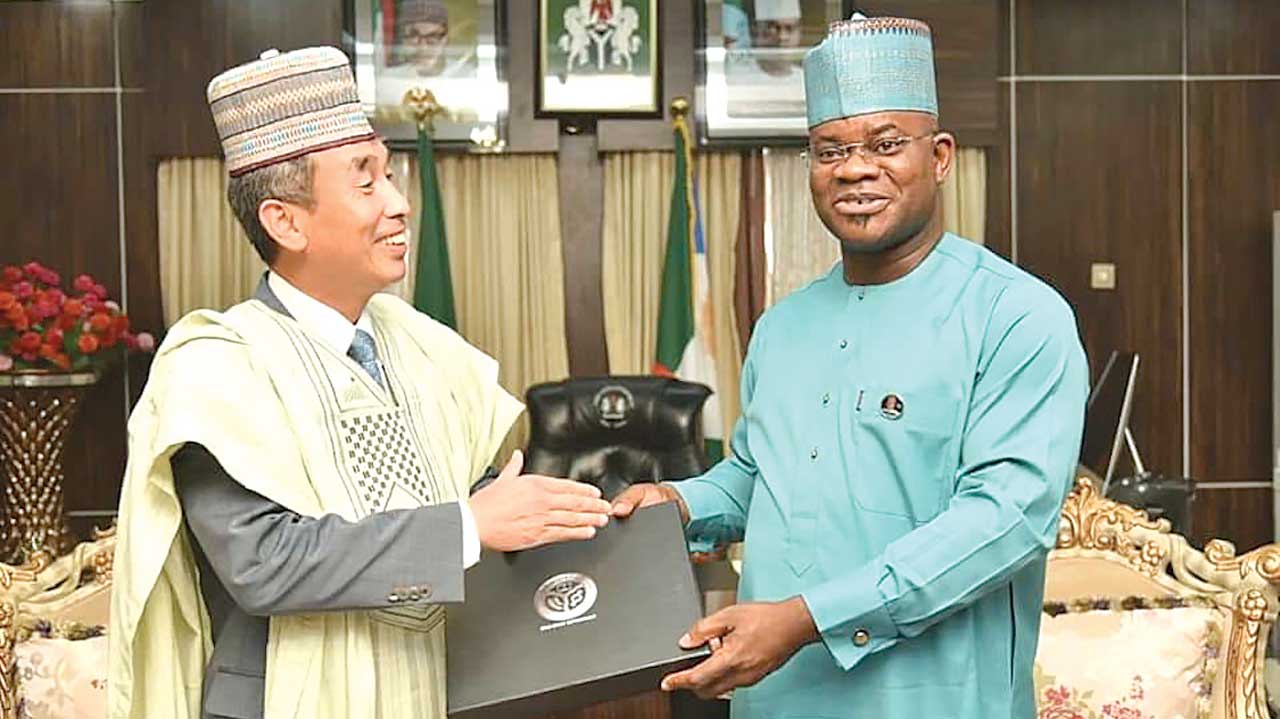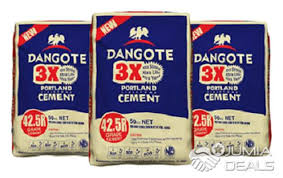Upon harsh business environment in 2019, released unaudited report for the quarter ended December 2019 by leading fast consumer moving goods (FCMG) conglomerate, Unilever Nigeria, has shown a record N9.13 billion revenue in the period under review.
Recall that the Board of Unilever Nigeria Plc had appointed Philippines
Mr. Carl Cruz as its new managing Director to replace the outgoing Managing Director, Ghanaian Mr. Yaw Nsarkoh, effective February 1, this year.
Cruz takes over the management and leadership of the company effective 1st February 2020. He comes with extensive career in Unilever D & E Markets in Asia (Philippines, Thailand, India and Sri Lanka). Until this appointment, Mr. Cruz served as Chairman, Unilever Sri Lanka.
Analysts say results reflect challenging trading conditions and the Company’s decision under Nsarkoh in quarter three to prioritize tightening of credit terms and minimize exposures on trade receivables.
The result shows the Company also recorded loss after tax of N4.76bn for the quarter ended December 2019 relative to profit after tax of N2.14bn recorded for the quarter ended December 2018. The revenue of N9.13 billion was a reduction in profit compared to N21.67bn recorded for the corresponding period in 2018.
Explaining more in a statement, the management restated its resolve not to be deterred from their aim of strengthening the Company for growth and profitability, saying “We remain committed to our growth ambitions and retain a positive outlook for the business in the long term, focusing more effort on growing our brand portfolio across all our product categories to achieve sustainable and profitable growth.”
“Unilever will continue to enhance productivity and position the company to harness existing market opportunities in order to satisfy consumer needs”.

Business Hilights recalls that one of the effective key management priorities of the company under the outgoing Ghanaian tactician, Mr Nsarkoh was the strategic backward integration programme to drive local content policies and empower more local farmers across Nigeria.
The strategy gave room for massive involvement of local farmers, who were not only empowered, but stepped up delivery of raw materials which ended imports within the period under review.










